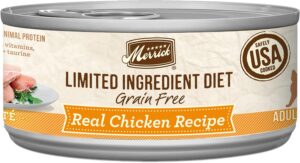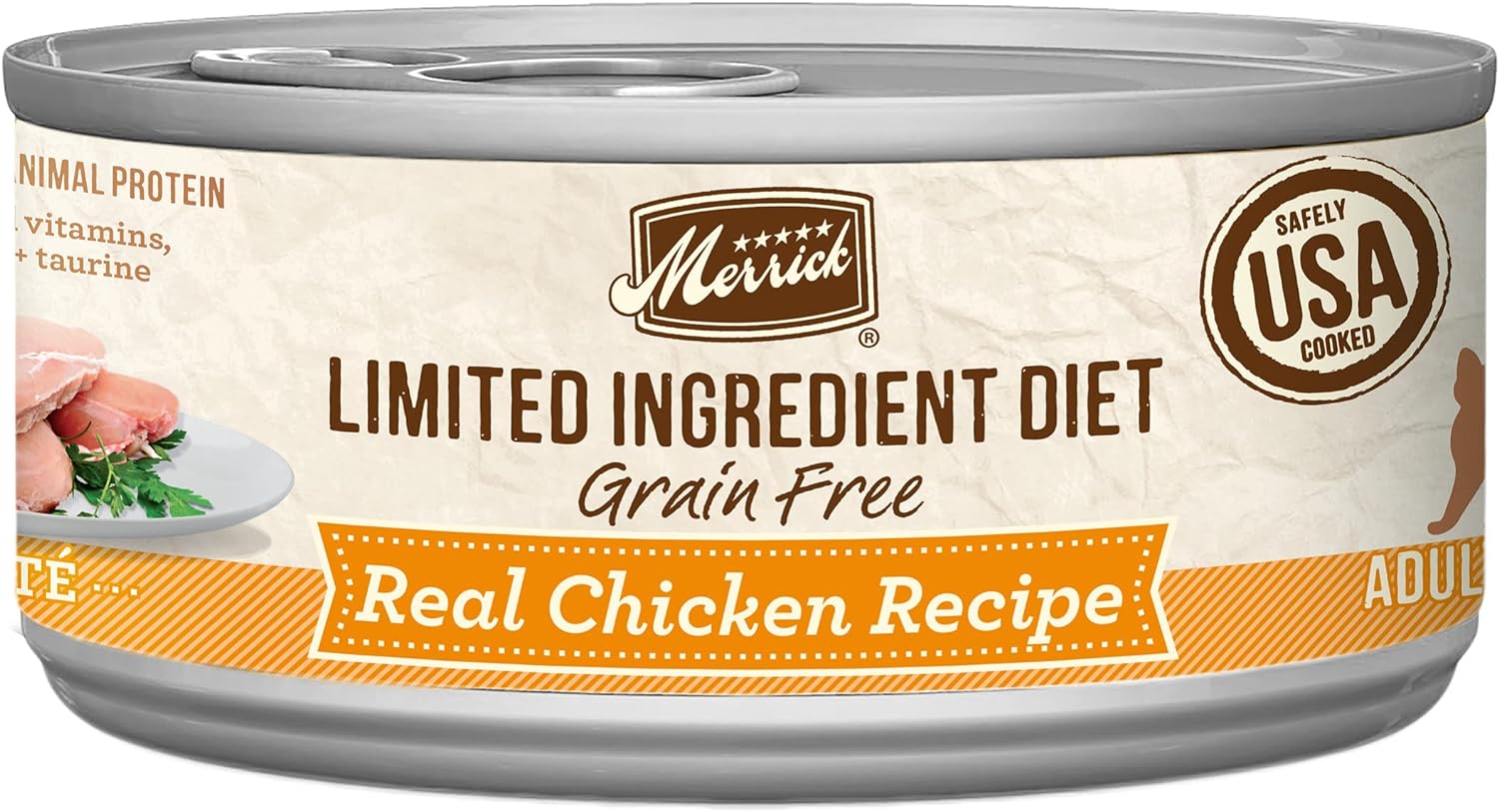
Limited Ingredient Diets (LID) — Most Popular Trend in Recent YearsIn recent years, pet owners have become more savvy about the proper nutrition for their animals. As more and more people are either allergic, sensitive or just seek simplicity with what they eat. So what are limited ingredient diets, and do they work as well as advertised?
Table of Contents
ToggleA Little Ingenuity With Limited Ingredients
A hypoallergenic (limited ingredient) diet generally consists of a handful number of basic ingredients, and the limited ones may be only one source of protein along with several necessary carbohydrates. Purpose: To decrease the hazard of food sensitivities or hypersensitivities in pets. These include ingredients like lamb, chicken, fish, or some kinds of grains such as brown rice and sweet potatoes. These diets aim to provide a cleaner ingredient, as well as being hypoallergenic because ingredients that are less commonly known allergens for all pets still present potential risks.
Advantages of Limited Ingredient Diets
1. Allergy Management:
Sometimes, vets may recommend limited ingredient diets for controlling food allergies or sensitivities in pets. Common allergies are skin irritations, GI upset, or chronic ear infections. It helps in the overall health and also comforts your pet by narrowing down all possible allergens that are part of their diet. By restricting the number of elements, you can identify particular proteins to remove so that owners get a clear picture continue feeding food free from allergy-containing ingredients again or not!
2. Digestive Health:
A simple diet is important for improved digestion in pets. Another common reason why you would consider a Limited Ingredient Diet, or just LID is that the pet has a sensitive stomach or chronic digestive system; they might have fewer easily digestible ingredients which along with their lower count make it easier on the pet’s tummy. It minimizes bloating, gas& diarrhea and can put pets in a more relaxed mood and healthier body.
3. Nutritional Transparency:
Most limited-ingredient diets are created with an emphasis on high-quality, whole-food ingredients that can be easily recognized. Transparent allows pet owner to make an informed decision as to what they are feeding their pets and provides all that is necessary for good health in our pets without any of the filler or unnecessary garbage.
4. Improved Skin and Coat:
Animals with skin conditions or dry, depleted coats may likewise benefit from moving to a limited-ingredient diet. Clearing the dog’s diet of potential allergens that can cause skin irritation may help improve a healthy coat in time
Points to Remember Before Switching
Why a Limited Ingredient Diet May not Be BestWhile limited ingredient diets provide several benefits, they are not always ideal for every pet. These are just a few of the things to think about, and critically: start doing.
1. Advice from a Veterinarian
Speak with your veterinarian before altering any major part of the diet for your pet. Taking your dog to the vet can also help establish whether or not a limited ingredient diet is right for your pet based on their needs and current health issues.
2. Nutritional Balance:
When shopping for a limited ingredient diet, make sure it satisfies all of the nutritional needs your pet may have. Seek AAFCO (Association of American Feed Control Officials) approved formulas to know your pet food is nutritionally complete and balanced.
3. Transition Period:
If you are switching your pet to a new diet, particularly one with limited ingredients introduce the food slowly over 5-7 days this will help prevent digestive upset. Watch for your pet to have any adverse effects during this time of transition.
Conclusion
The bottom line, limited ingredient diets can be an option for some and potentially a good one at that. Simplifying your pet’s diet and removing possible allergens will stack the odds in favor of better overall health, supporting everything from clear digestion to healthier skin and coats. Of course, it is imperative to make any changes in your pet’s diet cautiously and with the advice of a veterinarian who knows what would suit(read: benefit) him.
Keep in mind, that your pet’s health comes first, and make sure you always cater to what they specifically need with consultation from a professional before making any serious changes. If you take the time to weigh your options carefully, I believe that having so much information on hand is an empowering tool for making decisions that can prolong a happy and healthy life for any furry being.
For more similar info :
https://www.petmax.ca › blogs › the-simplicity-of-limite…





![The Ultimate Guide to Road Tripping with Your Dog [2025 Update]](https://bellabeanupdate.com/wp-content/uploads/2025/05/pexels-photo-1143369-300x209.jpeg)

























